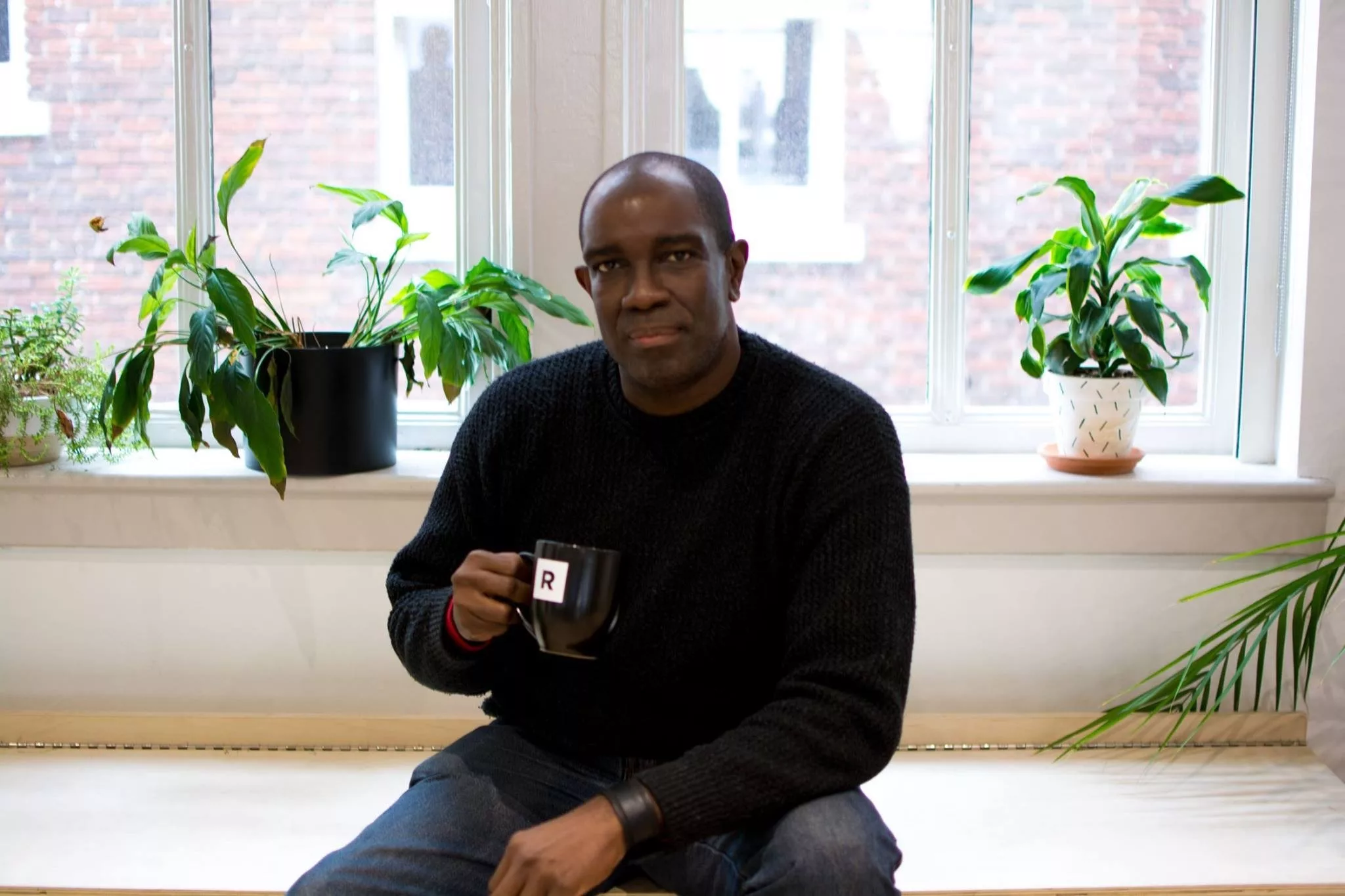“Art is not what you see, but what you make others see.”
Edgar Degas
One of the best things about shifting culture is that it is a shift – it rarely requires creating something completely new, but instead, it requires reimagining the things that already exist. Coffee has been a staple in our identity as Americans since the members of the Boston Tea Party exerted their independence by throwing tea in the harbor and switching to coffee.
How, where, and why we purchase coffee is also a part of our identities. From London in the 17th century to U.S. college towns in the ’60s, coffeehouses have long been a place to gather to discuss politics and business. And in the early ’90s, with the expansion of Starbucks, coffeehouses became a favorite third place – a cultural gathering place outside of home or work.
Independent coffeehouses offered spoken word, art showings, and other community-building events. Starbucks invited us to spend a leisurely afternoon in a coffee shop talking and learning while listening to a well-curated and diverse soundtrack and drinking a cup of mostly ethically sourced coffee. The drink options got more complicated, but the message never changed:
People who care about the world will come and buy this great coffee because it will make them part of a community of people who care about the world.
About ten years ago, as the shop local movement took hold, it becomes part of our culture to buy and support small-batch coffeehouses and to buy our coffee from places that are run by people we go to church with or play non-competitive softball with. Just as we rushed to support independent craft breweries and locally-owned boutiques, we started buying our coffee from places that were roasting on-site and being transparent about where the coffee came from.
But, still, it seems, no one is really talking about where the coffee came from or, at least not the people who were farming it. We think of the people who owned the shops in our towns as artisans but ignore the fact that the people farming the coffee around the world are as well. We are all concerned with buying coffee from brands that tout paying a fair price for the coffee, but the focus stays on the brand selling the coffee.
Creating a world that is more tolerant, progressive, and respectful requires opening our eyes to the humans who help create that world. Understanding the people and places that produce our food will strengthen all of our bonds.
Like many founders of small-batch coffee brands, Keith Whittingham launched Artifx Cafe because he learned about and was burdened by the fact that many (if not most) coffee farmers were struggling to survive while large coffee brands sold their coffee at high-profit margins and got rich. The difference is that he didn’t stop there.
Just as smallholder coffee farms pour all they have into the coffee they produce, Keith is pouring all he has to use Artifx Cafe to honor that work by providing them an income stream to live comfortably and help them see their children and future generations as taking up the proud role of coffee farmers.
They have eliminated the middleman and follow a direct trade pricing model. Coffee can change hands 12-15 times from the farm to the cup with each time taking profits away from the farmer. Artifx Cafe effectively takes the price they would pay a broker in New York and pay it directly to the farmer. This allows the farmer to earn significantly more for their coffee than they would in a traditional market. But purchasing directly from the farmer is about so much more than just increasing the dollars they are paid.
It is also honoring their role as equals and collaborators in the process.
Keith’s commitment to sustainability doesn’t stop with the farmers individually either. Artifx Cafe is just as committed to supporting the deep commitment these farmers have to sustain their own local communities. For example, they donate $.50/pound back to the community to support indigenous farming coops and support other community-building initiates designed to elevate the farmers and their communities.
In support of their Monteverde Coffee, they partnered with the Monteverde Community Fund which supports local projects through small grants, provides technical assistance for larger high-impact projects, and facilitates local opportunities for network and peer-to-peer lending.
He is also creating a community of supporters who love the people who farm the coffee as much as the product they produce. They feature artwork by local artists in the coffee-growing communities as a tangible representation of the culture of each community. Using a quiet symbolism, they reveal only a fraction of each selected piece on their labels – reminding us that when we are drinking a cup of coffee, we are experiencing only a fragment of the richness of the culture that created it. As the company grows, they have plans to use the power of storytelling to share even more parts of these origin communities.
All of this is what makes Artifx Cafe a major culture shifter. They aren’t just part of the movement to improve the culture in the U.S. around our beloved coffee; they are working intentionally to shift the culture for the farmers at the other end of the supply chain. They have made their work as much about the farmers and their communities as they have about the excellence of the coffee.
It’s transformation coupled with transactions.
And now, during COVID-19, they are already thinking about what comes next. Keith has reached out to these origin communities to begin to understand the impact of the pandemic where they are. They are already, in these early days, putting alliances in place that will be needed to support strong recoveries for these communities. Keith is holding on to his dream of a more global community, in general, and stepping up to ensure it is a stronger one as well.
I’ve started pausing every morning before I take my first sips of coffee and sending gratitude to the people who made it possible and the artistry that went into every single drop. You can order Artifx Cafe’s coffee online, which means, in addition to thinking about these artisans, you can support their work directly!






